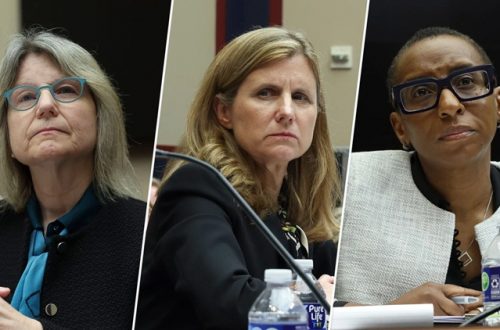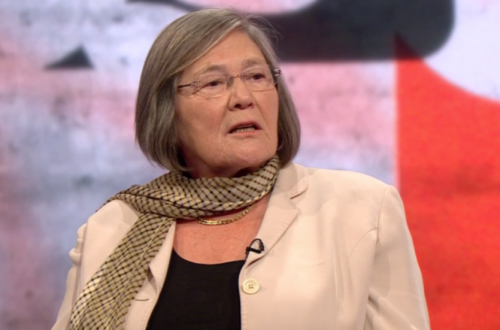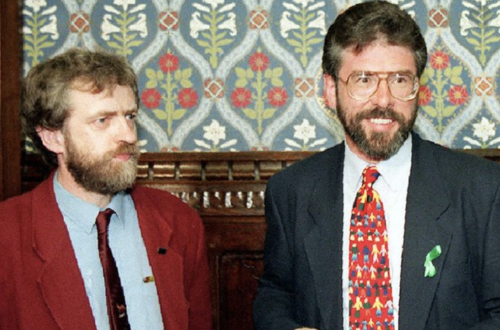Two recent BBC documentaries have tackled the issue of racism in the UK. In the first, Is Britain Racist?, Mona Chalabi set out to investigate the nature and level of racism in modern Britain, enlisting three reporters to test people’s attitudes to race and religion in different contexts.
Hana, a Muslim, found that her hijab caused no special problems in Dudley – just a few stares. Things quickly changed when she donned a niqab – now she became a target for abuse:
‘get your crap out of here’
‘fuck off back to your own country’
Black reporter Deji was made to feel pretty welcome in a rural Somerset village – some made reference to the fact he was new to the area but in a friendly way.
Richard, wearing a kippah in Bradford, experienced racism from both whites and Asians.
The programme sought to demonstrate that different kinds of racism come into play in different contexts. Whereas Richard triggered security alarms in stores without having his bag searched, Deji attracted far more suspicion. Although only a small sample was used it seemed reasonable to align the results with an association between young black men and criminality – and to point out that statistics suggest that black criminals/suspects receive unfavourable treatment at the hands of the law.
The programme also probed the subtler, subconscious, levels of racism revealed by a free association test, and analysed whether those looking for a date had racial preferences. Several people discovered that they did indeed harbour some unconscious prejudice, but the programme didn’t seek to demonise them, and it was not suggested that only white people had such biases. An Indian woman articulated her reluctance to date a black man, and the Asian presenter herself was revealed to have more negative responses to black faces than to white ones.
In the second documentary, We Want Our Country Back, Miles Blayden-Ryall tracked the activities of Jayda Fransen and Paul Golding, the leaders of Britain First, an unsavoury far-right party that uses intimidatory tactics against Muslims. We saw Fransen and Golding’s bullying attempt to make a restaurant stop serving halal meat – and heard Fransen explain that halal meat had been offered to ‘Satan’. We also saw Fransen trying to explain her feelings and motives, referring to traumatic but unspecified events which took place when she was 14. Blayden-Ryall then asked if she thought this was a cause worth dying for.
I think .. maybe they are extreme views. But if you believe in something wholeheartedly then you should be prepared to die for it in my opinion and I think that this path was chosen for me and so what I’m doing in my life is God’s will. (16:45)
It might have been better for Blayden-Ryall to leave it at that, and let her words speak for themselves, rather than go on to press parallels with those joining ISIS.
Although there is plenty to object to in Britain First, I didn’t think that Blayden-Ryall challenged her views particularly effectively. At one point he says:
“It sounds like what you are saying is that you can be British and Muslim as long as you adhere to your conditions which actually eliminate certain parts of their faith.” (35:00)
This isn’t in itself a good argument as it is a line used by Islamists for whom ‘certain parts of their faith’ include all kinds of truly illiberal beliefs and practices. It would have been better to offer more precise challenges to her bizarre claims, ill-chosen targets and highly dubious methods.
The final segment of the programme was filmed after Fransen and Golding broke off contact with Blayden-Ryall and ended with him shouting after Fransen, asking her what really happened when she was 14 (55:40). I’m not sure what the point was in asking a question which wasn’t a challenge to Britain First’s philosophy or methods and which, in the circumstances, he cannot possibly have expected her to answer.
Whereas the first programme might have brought people on board who were perhaps a bit defensive about their views on race/religion, the second was ill calculated to win over anyone who was inclined to sympathise with Britain First.
Finally – and more cheerfully – the GBBO final. Everyone seemed to do well. Everyone cried. And, pace Amanda Platell, it seemed very fairly judged.


